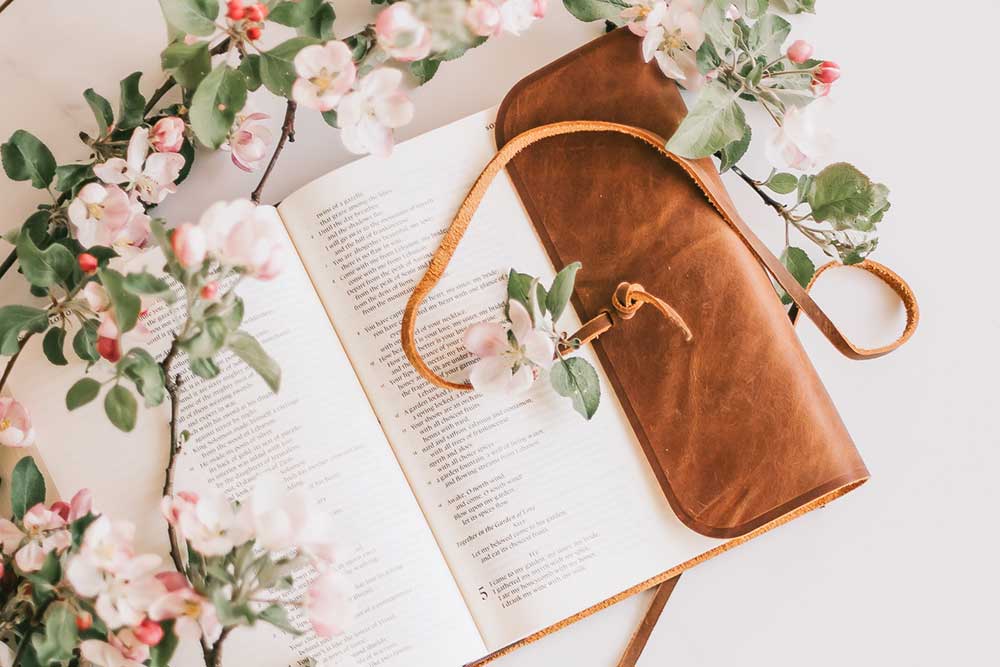
The Buried Commandment of Loving Ourselves
One of our core values is to recognize brokenness so it can be made whole. We believe God desires for each one of us to say yes to walking towards wholeness. We believe God cares about our anxiety, our relational baggage, our addictions, our apathy, our relationship with our body, our neighbors and ourselves. We have a growing community of women walking towards healing, as well as a community of counselors who are partnering with us to this end. We hope you not only enjoy hearing a counselor’s voice here, but that you open yourself up to the transformational work God is personally inviting you into so that you can see His healing as a reality in your life…
Jesus said, “The first in importance is, ‘Listen, Israel: The Lord your God is one; so love the Lord God with all your passion and prayer and intelligence and energy.’ And here is the second: ‘Love others as well as you love yourself.’ There is no other commandment that ranks with these.” Mark 12:30-31, MSG
There’s this tricky, sneaky thing that sometimes comes up for me in my life, and in the lives of a lot of people I know and work with. It’s tricky and it’s sneaky because it hides under a guise that could be seen on the surface as selfless, loving, and even Godly; a model of living out loving God through loving others. But upon a closer look at the Greatest Commandment according to Jesus, we can see He was proposing a multifaceted, more complex call on our lives. Let’s spend some time taking a look at an important, often overlooked or undervalued, element of what He was saying in this verse.
We go to church and read the Bible and we are taught to be selfless, to be servant-hearted, to regard others higher than ourselves, to give and give and give. And while I believe there is beauty and goodness in these things, I also believe these things can be taken too far and become imbalanced. Sometimes these messages can even feed into some of our already anxious tendencies that have been with us since we were kids, and can lead us down a black hole of heartache, exhaustion, and burnout.
Maybe you’ve experienced it or have seen this, too.
It’s this thing that happens when we get caught up in or preoccupied with what others in our lives are doing, feeling, thinking, needing, wanting, struggling with. It can show up in the raising of our kids, or in taking care of our aging parents. It can show up in negotiating and advocating with doctors and teachers and ex-spouses or ex-partners. It comes up at work when we feel not good enough, when we get behind, when we aim to please and it just doesn’t seem to go anywhere productive. It can show up in our relationships when we experience sudden and unexplained quiet or distance from our loved ones and we don’t know how to bridge the gap. In our bodies it can look like sleeplessness, tension headaches, irritability, exhaustion, and sometimes serious health issues.
That whole love God/love our neighbors part gets a lot of attention. The part about loving ourselves gets buried all too often.
If this sounds familiar to you, and if you can relate, know you’re not alone. We were created for connection. Our brains and our bodies are literally wired for connection. And healthy, secure connection to one another is what we seek and what we long for. So, our anxiety and our preoccupation amid a threat to this longed-for connection is valid and real and makes so much sense.
We learn early on how to navigate our unmet needs in relationships. If as children we experienced from our parents or primary caregivers a lack of attunement to our emotional needs, or a lack of containment and safety either emotionally or physically, we will learn how deal with it and tolerate our distress in some way. A common way some of us learn to deal with our unmet needs in relationship is to obsessively seek reassurance and approval, to people please, to over-function for our loved ones, and on some level (usually not conscious) believe that our worry for and preoccupation with our loved ones somehow keeps them closer, or safer. And the fear is that if we let go, we will lose them.
Thankfully, blessedly, there is hope. Here is what I am learning about addressing that buried commandment of loving ourselves:
Self-Compassion. Once we notice these patterns of behavior in ourselves it can be overwhelming and it’s common for shame to rise up in us. So, it’s important to give ourselves a lot of care, empathy, and grace. To understand that these behaviors come from a place of hurt, and also of deep longing, can help with this self-compassion. I highly recommend reading Kristen Neff’s work on Self-Compassion (William Morrow Paperbacks; Reprint edition, June 23, 2015).
Self-Care. This concept is all the rage in my field, and for good reason. Burnout is real and it is dangerous. What does it look like to care for yourself well? Do you need more time alone? With friends? Maybe it’s exercise. Maybe it’s naps. Maybe it’s more vegetables. Maybe it’s ice cream. Maybe it’s an expensive bottle of wine. Maybe it’s taking a break from drinking wine. Self-care is a creative and expansive process. It’s unique to each of us. It can be vulnerable too, to ask for support from loved ones as we seek to care well for ourselves.
Self-Awareness. In order to know what we need and what we want, we must to know who we are. This is huge. It’s more than identity development, though that’s part of it. It’s about spending time getting to know ourselves, investing in ourselves, and tending to ourselves the way we would want to get to know a friend or romantic partner. I have loved learning about the Enneagram as a fun and helpful way of getting to know myself and my loved ones. It can provide language and insight around ways we can understand, get to know, and relate to ourselves and to one another better.
These things are disciplines that are developmental and can be part of a life-long journey. It takes time, patience, and sometimes a good sense of humor to learn and develop these things. My hope for all of us is to take some time allowing ourselves to be curious about what Jesus meant when He commanded us to love ourselves, to be curious about why that part of the Greatest Commandment tends to get buried sometimes, and to gently and kindly start digging a little deeper into a practice of self-discovery and self-love.
This post was written by a counselor or therapist for informational use only and is not intended to replace advice from a professional who is working directly with you as a patient [or client].

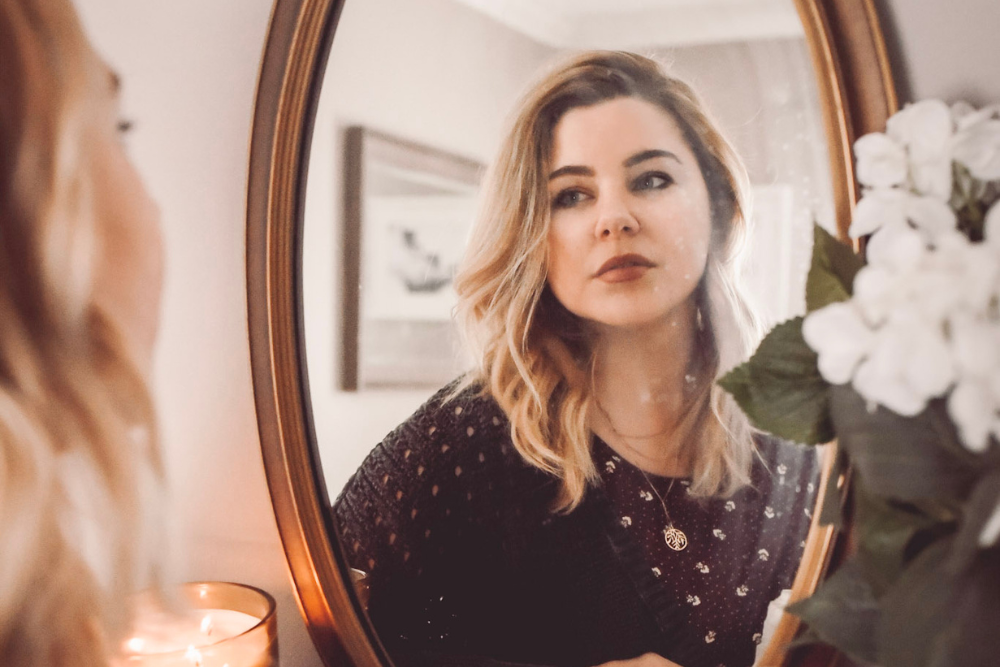
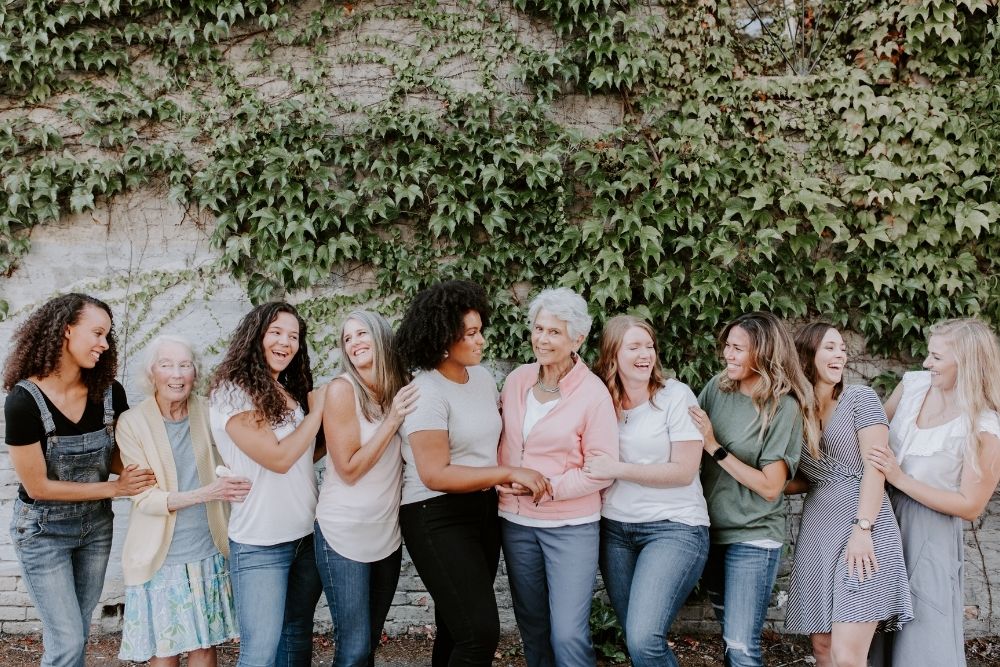
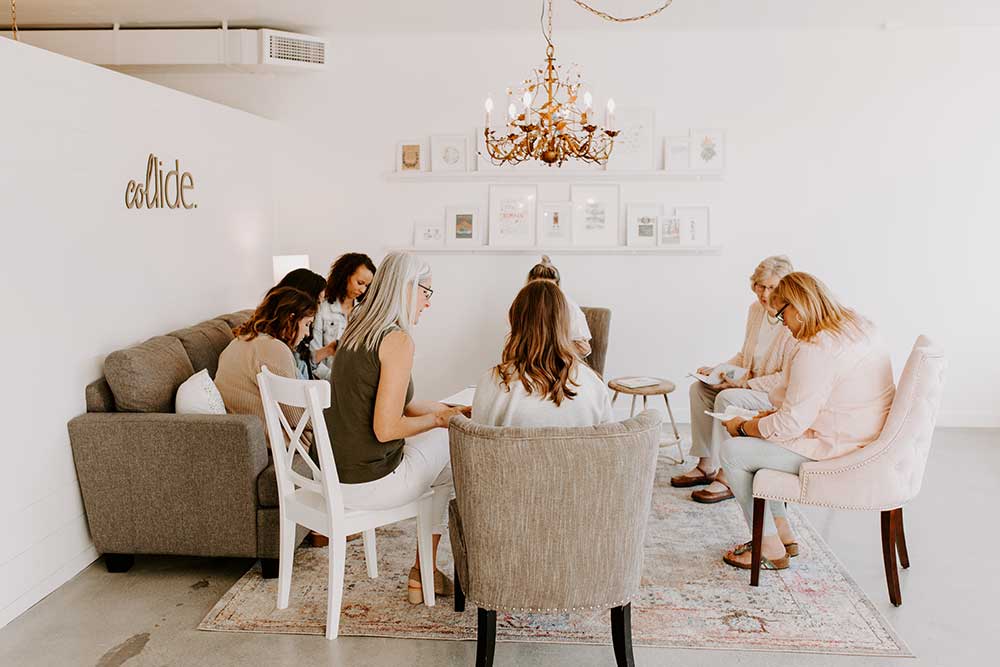
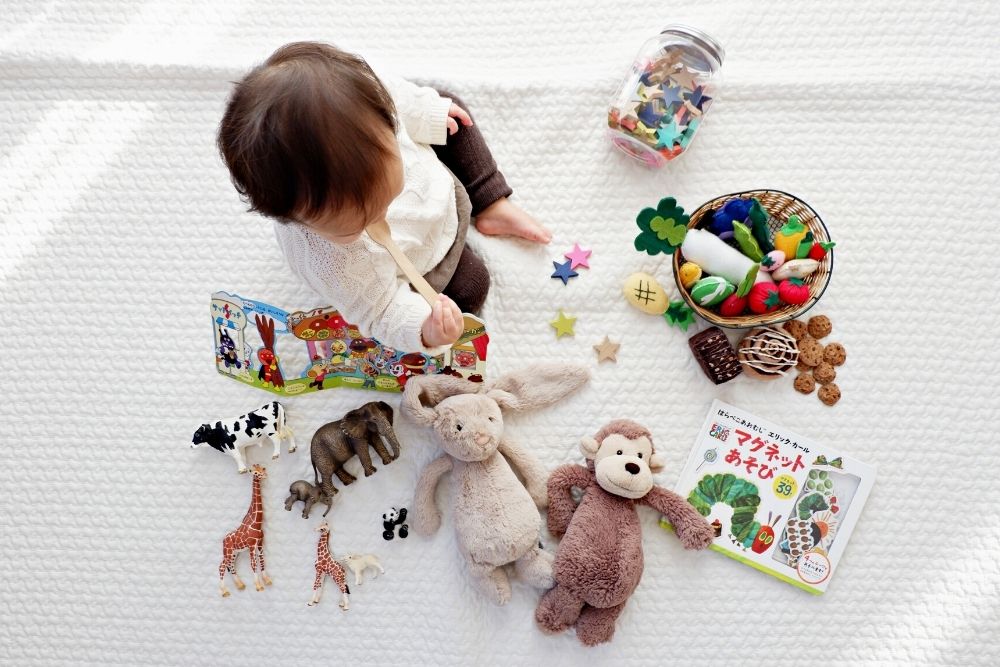

3 Comments
I so agree with you Julie. And you said it so very well.
I loved this post! Such great food for thought.
I love this post!